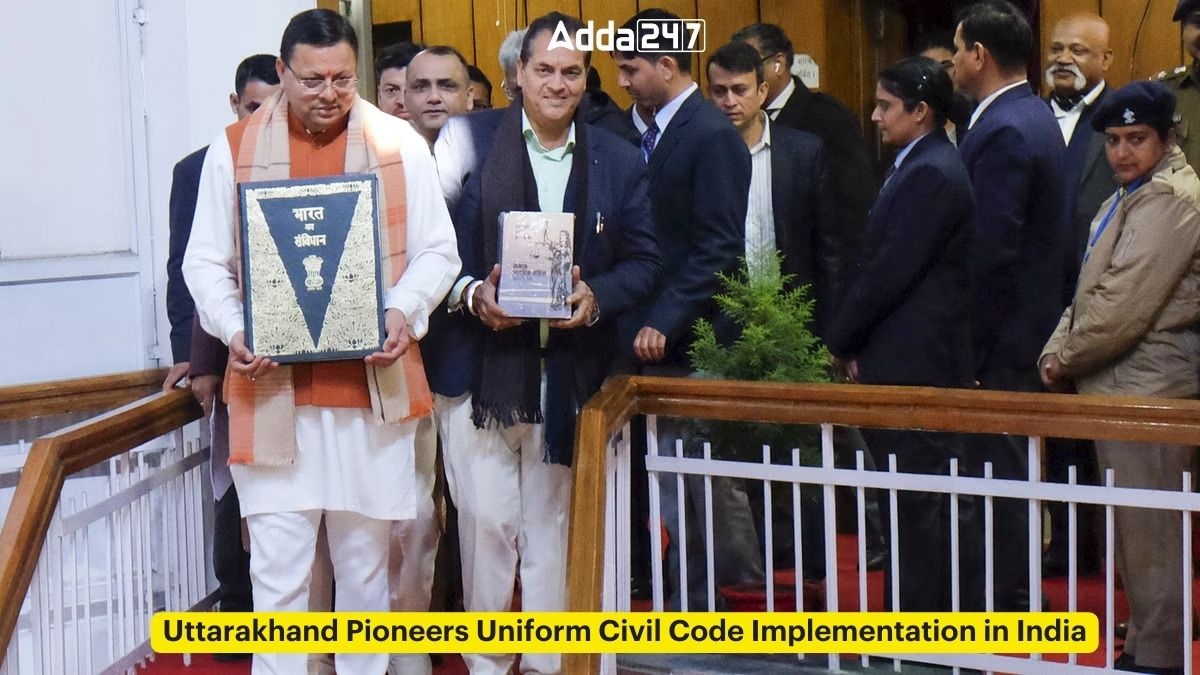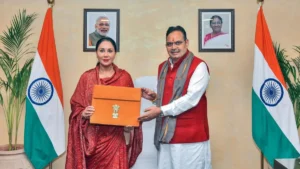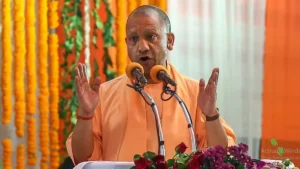Uttarakhand has marked a significant milestone in India’s legislative history by becoming the first state to implement the Uniform Civil Code (UCC). This groundbreaking move was initiated by Chief Minister Pushkar Singh Dhami, with the state Assembly passing the UCC Bill. The UCC aims to standardize laws governing personal matters like marriage, divorce, inheritance, and more across all citizens, irrespective of their religion.
The Journey to Uniform Civil Code in Uttarakhand
The journey towards implementing the Uniform Civil Code in Uttarakhand began with the formation of a high-level committee led by retired Supreme Court judge, Justice Ranjana P Desai. This committee was tasked with drafting the UCC, which laid the foundation for the Bill passed by the Uttarakhand Assembly.
Significance Ahead of Lok Sabha Elections
The adoption of the UCC in Uttarakhand comes just months before the 2024 Lok Sabha elections, signalling a significant political move. It is reported that the Union Government, along with other BJP-ruled states like Gujarat and Assam, is considering introducing similar laws at the national level. The UCC aligns with the BJP’s foundational agenda, which includes the abrogation of Article 370 and the construction of the Ram Temple in Ayodhya.
Features of the Uniform Civil Code Draft
The Uttarakhand UCC Bill encompasses several key features aimed at ensuring equality and uniformity in personal laws. Some of the notable aspects include:
Exemption for Tribal Communities
A significant aspect of the UCC in Uttarakhand is the exemption of tribal communities, which constitute 2.9% of the state’s population. Acknowledging their unique customary practices, the law ensures that the UCC does not apply to members of any Scheduled Tribes or those whose customs are protected under the Constitution of India, safeguarding their traditional rights and cultural heritage.
Regulation of Live-in Relationships
The UCC introduces a formal process for the registration of live-in relationships, defining them as relationships akin to marriage between a man and a woman sharing a household. It mandates couples to register their relationship with the concerned Registrar, a move aimed at providing legal recognition and protection, including the right for women to claim maintenance if deserted.
Prohibition of Polygamy and Bigamy
In a stride toward promoting marital fidelity and equality, the UCC explicitly prohibits polygamy and bigamy, setting clear conditions for marriage that include the prohibition of having a living spouse at the time of another marriage. This aligns with the broader objectives of the UCC to ensure uniformity and fairness in personal laws across the board.
Mandatory Registration of Marriages
The UCC requires all marriages, irrespective of the customs or religious practices followed, to be registered within 60 days of solemnization. This measure is designed to solidify the legal standing of marriages and protect the rights of spouses, although failure to register does not invalidate the marriage.
Progressive Recognition of Children’s Rights
Uttarakhand’s UCC abolishes the label of “illegitimate children,” extending equal rights to children born out of wedlock, in void or voidable marriages, and live-in relationships. This progressive step rectifies the discriminatory stance of existing personal laws regarding inheritance and maintenance.
Legal Framework for Divorce
The UCC codifies grounds for divorce, allowing both men and women similar rights to seek separation under specific conditions, including adultery, cruelty, and desertion, among others. It emphasizes judicial processes for marriage dissolution, ensuring fairness and due consideration for all parties involved.
Criminalization of Certain Muslim Personal Law Practices
In a controversial move, the UCC criminalizes practices like nikah halala and triple talaq, aligning with recent national laws and Supreme Court judgments that seek to protect women’s rights within the Muslim community.
Inheritance Rights
The UCC ensures equal inheritance rights for sons and daughters, eliminating the coparcenary system prevalent in Hindu law and advocating for a more equitable distribution of property among heirs.
Overlooking LGBTQIA+ Relationships
Despite its progressive elements, the UCC falls short of recognizing LGBTQIA+ relationships, defining live-in relationships in a heteronormative manner and missing an opportunity to extend legal protections to queer couples.
The Committee Behind the Draft
The draft of the UCC was meticulously prepared by a five-member panel, chaired by Justice Ranjana Prakash Desai. The panel also included eminent personalities like former Chief Justice of Sikkim High Court Permod Kohli, social activist Manu Gaur, retired IAS officer Shatrughan Singh, and Doon University Vice-Chancellor Surekha Dangwal. Their collective expertise and insights have played a crucial role in shaping the UCC draft for Uttarakhand.
Important Questions Related to Exams
- Who initiated the implementation of the Uniform Civil Code (UCC) in Uttarakhand?
- What is the main goal of the Uniform Civil Code (UCC)?
- Who led the high-level committee tasked with drafting the UCC in Uttarakhand?
- What significant political events are anticipated ahead of the implementation of the UCC in Uttarakhand?
- Name a key feature included in the Uttarakhand UCC Bill.
- What is the stance of the UCC on live-in relationships?
- How does the UCC address the practice of polygamy?
- Who was a member of the committee that prepared the UCC draft besides Justice Ranjana Prakash Desai?
- What fundamental change does the UCC aim to bring to personal laws in India?
- Which state became the first in India to pass a law on the Uniform Civil Code?
Kindly share your responses in the comment section.




 Rajasthan Budget 2026–27 Presented with ...
Rajasthan Budget 2026–27 Presented with ...
 Uttar Pradesh Tables First-Ever Economic...
Uttar Pradesh Tables First-Ever Economic...
 Uttar Pradesh Presents ₹9.13 Trillion Bu...
Uttar Pradesh Presents ₹9.13 Trillion Bu...








